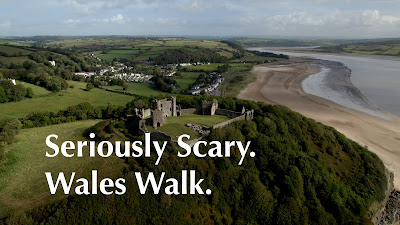Senior call operator hails new 999 BSL service as 'vital'
The new video relay service has been hailed by a senior call operator as ‘vital’ after experiencing it first-hand.
Earlier this year, HM Coastguard joined other emergency services in launching the first ever 999 BSL (British Sign Language) video relay service, allowing sign language users the ability to access emergency help like never before.
Sign language users have been able to contact 999 operators through an interpreter since 17 June, accessed by a video chat in a dedicated app.
 |
| Team Leader Jordan Grebby found the new video relay service to be a 'vital' new way for BSL users to call 999 for help Credit: MCA |
Jordan Grebby, Team Leader at Humber Maritime Rescue Coordination Centre, was among the first to receive a call as he praised the additional method to call for help.
“I’ve taken a few calls like this now,” he said, “and you quickly adapt to the slightly different way of doing what we do – you’re speaking through someone else, so I’ve definitely found you need to speak a little slower, and it really helps to hone your ability to be clear and concise, a really important skill in this job anyway.
“I think it’s a vital addition to the 999 service. The calls I have taken, I think we can provide even more support than we could have before.”
Jordan recalled his first call, on July 11, when he answered a 999 call and found an interpreter on the line.
She was on a video call with a hearing-impaired caller, who was reporting two people on an inflatable being blown out to sea at Bridlington Promenade.
“She told me the call was from a deaf person and that she was interpreting, before then outlining the reason for the call,” Jordan said.
“I was able to get help sent quickly – with the Bridlington Coastguard Rescue Team and RNLI lifeguards responding – and ensure everyone got back to shore safely.
“We’re very grateful for the call, which came in at the right time to make sure we got teams to bring them back before they were blown too far offshore. The lifeguards were able to reach them quickly.
“The call came just before the two were in serious danger, they were being pulled out to sea and if they had got further, they could have been in real trouble.
“So the addition of this service really could save lives – the caller was concerned and, although I wasn’t able to reassure them directly, I was able to get help to someone quickly while also keeping the caller informed about what was happening.
“It has just easily become a new way that we can get anyone who needs it help."


